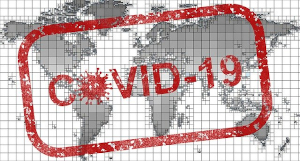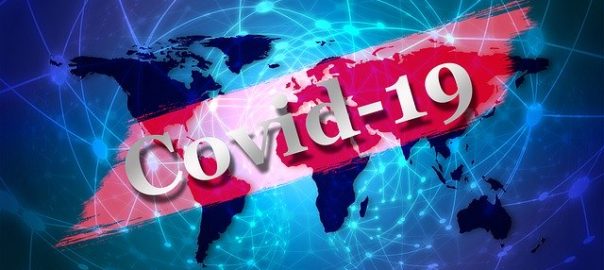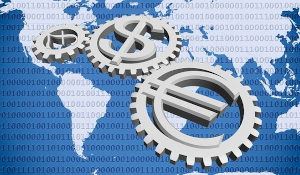
The economy is the heart of the social body. If we shut down the heart of an organism to safeguard the hands and brain, the body dies.
The data on deaths and infected from the Covid-19 coronavirus epidemic is alarming. Let us remember the deceased, the infected and their families, and applaud the response of civil society, businesses, and citizens.
Continue reading Destroying the Economy is not a Social Policy
